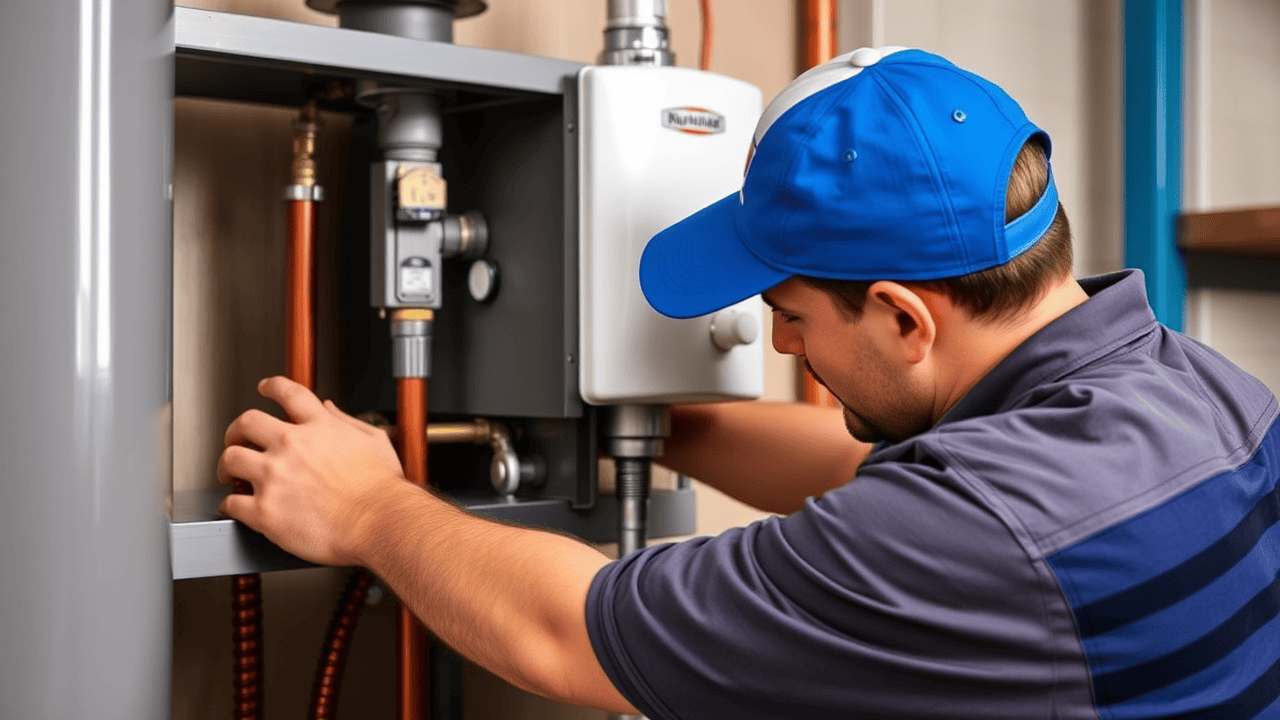
Tools and Equipment Needed
When preparing for a water heater replacement, having the right tools and equipment is essential for a smooth process. A pipe wrench, adjustable wrench, and garden hose are among the primary tools needed to disconnect the old unit. Safety goggles and gloves will help protect against potential hazards during installation. A multimeter and voltage tester are also critical for ensuring that electrical components are functioning properly, especially in electric water heater installations. Water heater installation and repair in homes can be performed more efficiently when all necessary tools are on hand.
Additionally, certain equipment may be required depending on the type of water heater being installed. For gas models, a gas line wrench and possibly a manifold gauge will be needed to ensure proper connections. If the new unit is heavier, a dolly can be invaluable for moving it into place without straining your back. Adequate venting materials are necessary for gas water heaters to ensure safe operation. Completing water heater installation and repair in a timely manner depends not only on skill but also on the availability of appropriate tools and equipment.
Essential Tools for Efficient Replacement
Having the right tools at hand can significantly streamline the water heater installation and repair process. Basic tools such as wrenches, screwdrivers, pliers, and a level are essential for disconnecting the old unit and securing the new one in place. Additionally, a pipe cutter may be necessary for adapting existing plumbing connections to fit the new water heater. A tank wrench is particularly useful for handling the tight bolts that secure the tank. Depending on the specific job, you might also need a drill for mounting and installing the necessary hardware.
Safety equipment should not be overlooked either. Gloves and safety goggles protect against potential injuries during the removal or installation. A multimeter can be helpful to ensure that electrical components are functioning properly before and after installation. Having a sturdy bucket handy will assist in managing any residual water during replacement. For extensive projects, it might be wise to consider specialized tools such as a torch for soldering copper pipes. Having these tools ready can make water heater installation and repair in residential areas more efficient and straightforward.
Permits and Regulations
Permits and regulations can significantly impact the timeline for replacing a water heater. Many localities require permits for installation to ensure compliance with safety codes and building regulations. These permits often involve a review process that can take time, depending on the municipality's efficiency. Homeowners should contact their local building department to understand the specific requirements for water heater installation and repair in their area.
Additionally, regulations may dictate the type of water heater that can be installed based on energy efficiency standards or environmental concerns. Some areas may require specific brands or models that meet certain criteria. Therefore, it's essential to factor in these considerations early in the replacement process. Planning for potential delays due to permitting and compliance can help streamline the overall installation experience.
Impact on Replacement Timeline
The timeline for replacing a home water heater can vary based on several factors. If permits are required, obtaining them may delay the process as local regulations need to be followed. Scheduling constraints, particularly during peak seasons or after natural disasters, can also lead to longer wait times for professionals to become available. The complexity of the existing plumbing and electrical systems may determine how quickly the replacement can proceed.
Water heater installation and repair in older homes might require additional attention and modifications to meet current codes. In some cases, unforeseen issues like corrosion or outdated piping might be uncovered during the replacement process. These discoveries can further extend the duration of the project. It’s essential for homeowners to account for these potential delays when planning for water heater replacement.
Choosing the Right Replacement Unit
Choosing the right replacement unit requires careful consideration of several factors, including energy efficiency and capacity. Homeowners often evaluate various models based on the size of their household and daily hot water usage. Opting for a unit with a higher energy efficiency rating can lead to significant cost savings over time. Evaluating the energy source, whether gas or electric, also plays a crucial role in making the right choice.
Working with professionals who specialize in water heater installation and repair in residential settings can simplify the decision-making process. These experts can provide valuable insights into the best options based on the home’s plumbing and existing systems. Taking the time to assess different brands and features ensures that the selected unit meets both current and future needs, ultimately improving overall satisfaction.
Factors That Affect Decision Time
Several factors can influence the decision-making process when selecting a replacement water heater. Assessing the current needs of the household plays a crucial role; families with higher hot water demands might opt for larger units or tankless systems. Energy efficiency ratings also deserve attention, as more efficient models can lead to long-term savings on utility bills. Consulting with professionals in water heater installation and repair in your area can provide valuable insights regarding the latest advancements and energy regulations.
Cost considerations cannot be overlooked. Homeowners often have a budget in mind, and various options are available within different price ranges. Upfront costs associated with the replacement unit may vary significantly from ongoing operational expenses. Additionally, local permits required for water heater installation and repair in specific neighborhoods can impact the overall timeline and budget, requiring research and planning to ensure compliance with local regulations.
FAQS
How long does it typically take to replace a home water heater?
On average, replacing a home water heater can take anywhere from 2 to 6 hours, depending on the complexity of the installation and any unforeseen issues.
What tools are needed for replacing a water heater?
Essential tools include a wrench, screwdrivers, pliers, a level, and possibly a pipe cutter, depending on the specific installation requirements.
Do I need a permit to replace my water heater?
Yes, most jurisdictions require a permit for water heater replacement to ensure compliance with local building codes and safety regulations.
How does the choice of replacement unit affect the timeline?
Choosing a new water heater that requires different connections or additional modifications can extend the replacement timeline due to the need for extra labor and adjustments.
What factors can delay the replacement process?
Delays can occur due to issues such as outdated plumbing, unexpected code requirements, or difficulty in accessing the old unit for removal.


